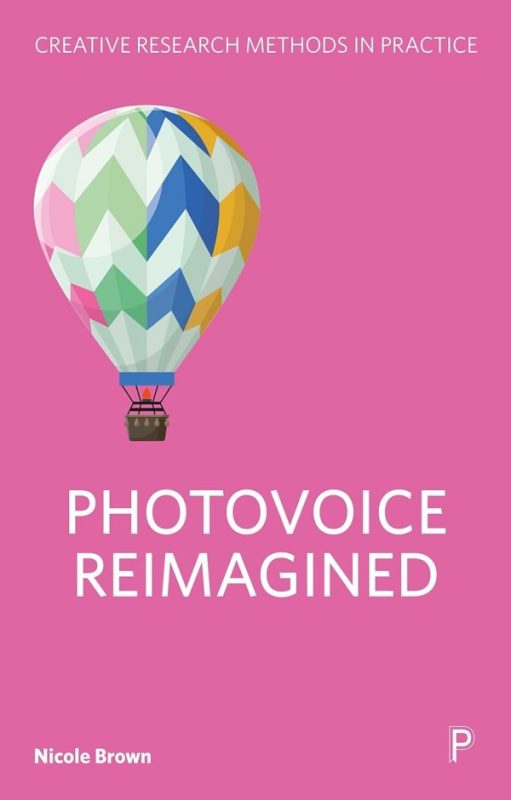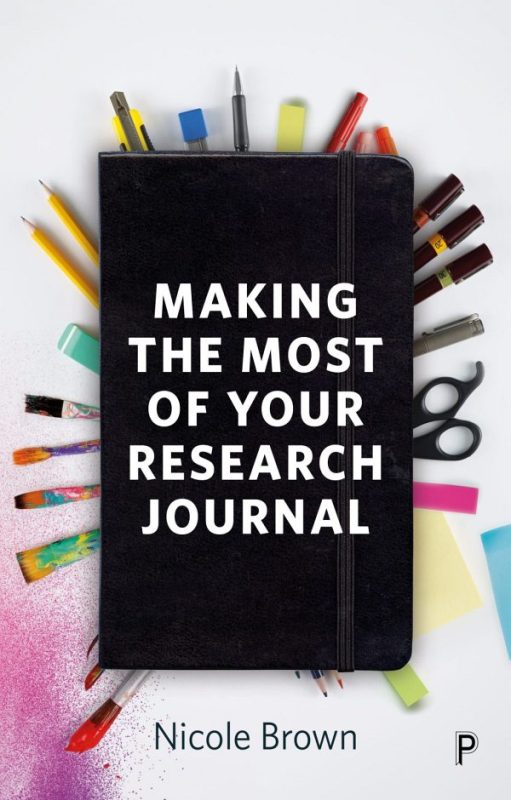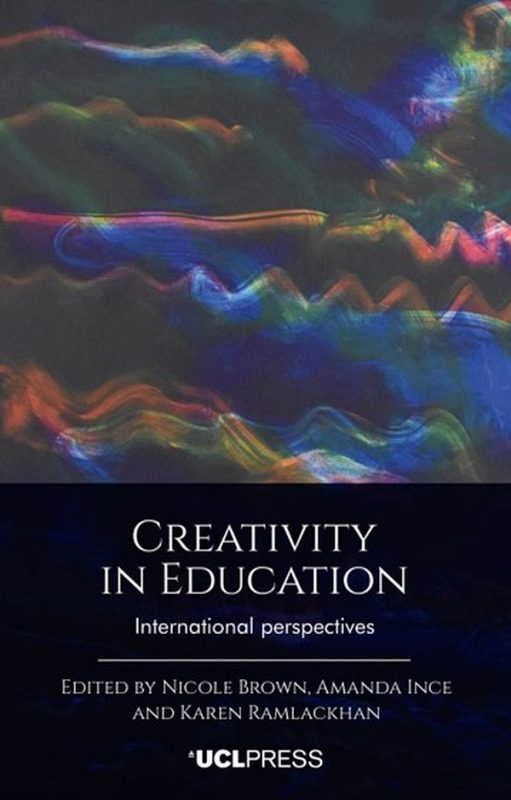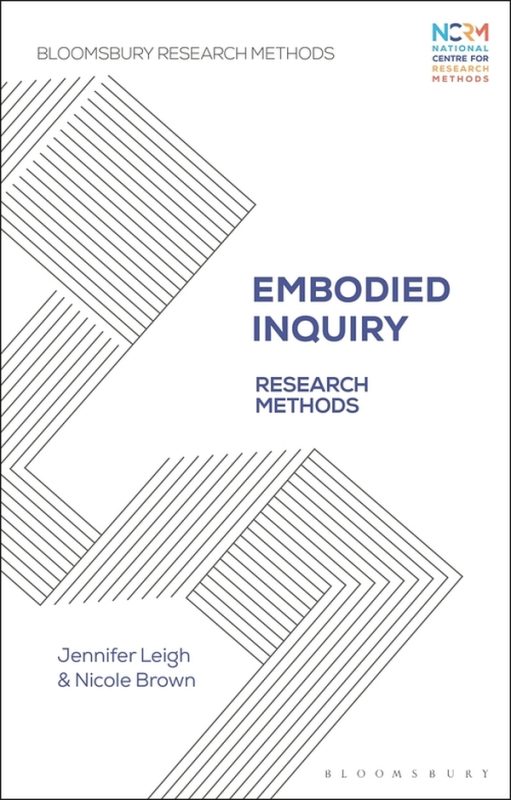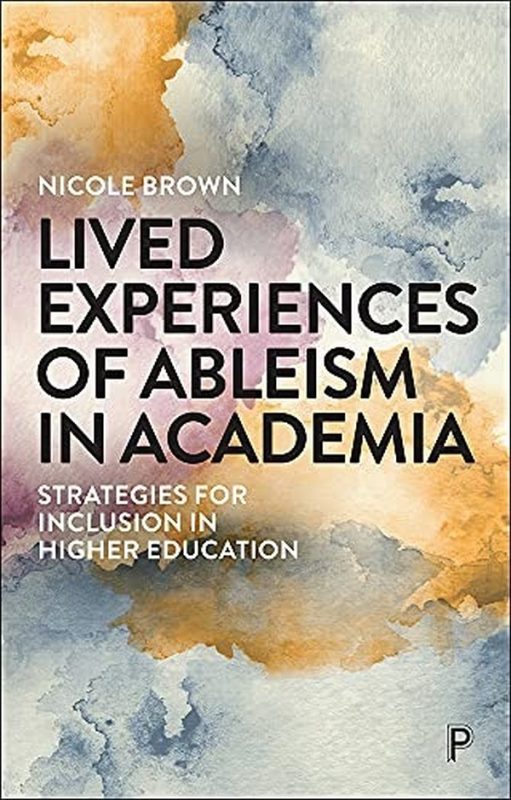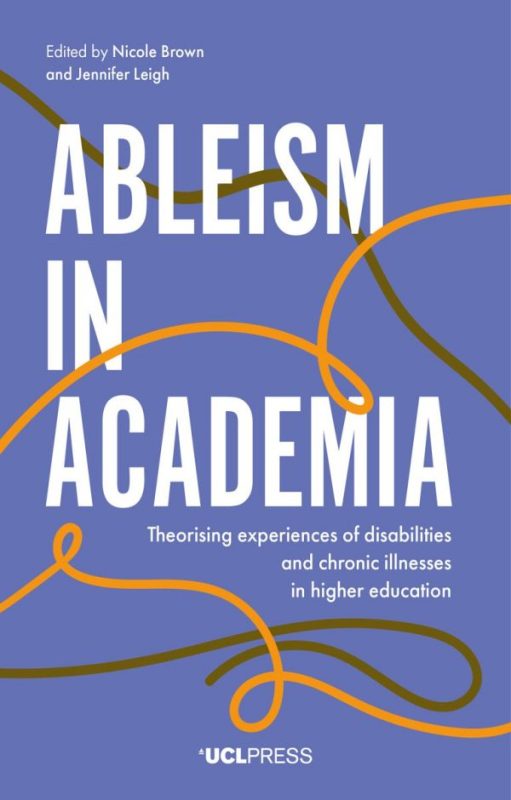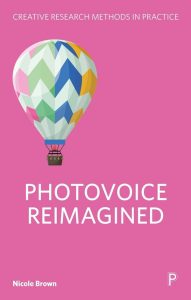
Book launch: Photovoice Reimagined
In this webinar celebrating the publication of her latest book Dr Nicole Brown discusses Photovoice Reimagined.
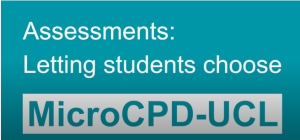
Assessments: Letting students decide
This is a link to a UCL MicroCPD video that explains how in my module we are letting students decide on how they want to be assessed.
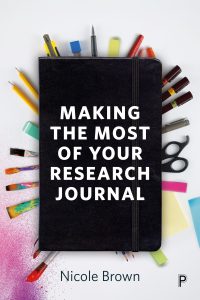
Author talk: Making the most of your research journal
As part of the fabulous Phd Life Raft symposium organised by the magnificent Dr Emma Brodzinski, I was invited to an author talk about my book Making the Most of Your Research Journal. It was a great pleasure to oblige, and I thoroughly enjoyed that exciting experience.

SAGE MethodSpace: Choosing creative methods for research
I was invited to contribute to the SAGE MethodSpace to talk about how I use creative methods, and why I use creative methods, given the population and the nature of my research.
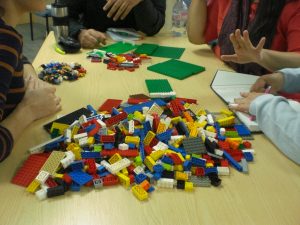
LEGO® reflections in Higher Education
This is a guest post on the Advance HE website published after I had delivered a successful workshop at the HEA Annual Conference demonstrating how to use LEGO reflections in higher education.

Reshaping higher education
This is my reshaping higher education contribution to the post-strike Big Meeting organised by Reclaim the University in June 2018.
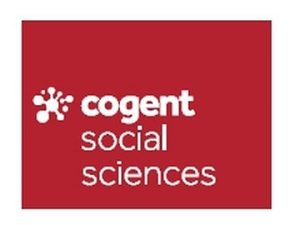
Article: Exploring the lived experience of fibromyalgia
The paper reports on the lived experience of fibromyalgia, which used identity boxes and metaphorical representation to offer a holistic view.
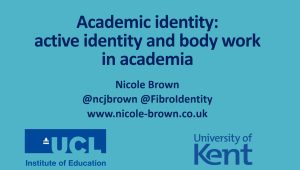
Academic identity: active identity and body work in academia
In my contribution to the SRHE Annual Conference, I talked about academics' active body work and identity work to maintain their academic identity.
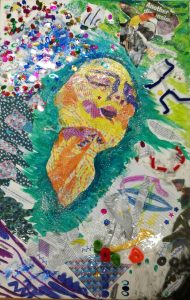
Creative methods – messy data?
This is to stimulate a discussion around boundaries of research, ethics and ownership of "messy data" resulting from creative methods.
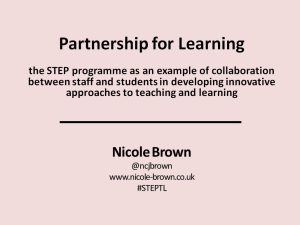
Presentation from the ESLTIS16 conference
Download my presentation from the ESLTIS16 (Enhancing Student Learning Through Scholarship 2016) conference from here.
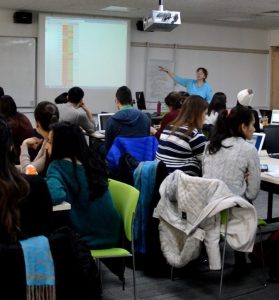
Using audience response systems for teaching
In my experience using audience response systems in secondary or higher education can improve participation and engagement amongst learners.
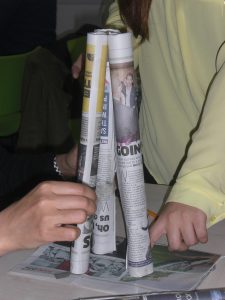
Assessment as a learning opportunity
Many teacher training sessions focus on assessment but we do not spend enough time on discussing assessment in the sense of marking student work. We do not discuss the impact marking has on the students' learning and the teachers' workload, nor do we talk about how we could make marking more meaningful for our learners.
Which kind of teacher are you?
The result of a wide-ranging study provides an insight into the kind of teacher you may be. According to the findings there are four major types of teachers: the idealist, the moderate, the practitioner and the rationalist.

Epistemology
Methodology and methods are only part of the story of choosing a research framework. The way you go about collecting and interpreting data is strongly influenced by how you interpret knowledge and truth. This is about the epistemology. In simple terms, epistemology is the theory of knowledge and deals with how knowledge is gathered and from which sources. In research terms your view of the world and of knowledge strongly influences your interpretation of data and therefore your philosophical standpoint should be made clear from the beginning.
Grid for systematic reading
Download a grid for systematic reading from here.
Action plan template
Download an action plan from here
